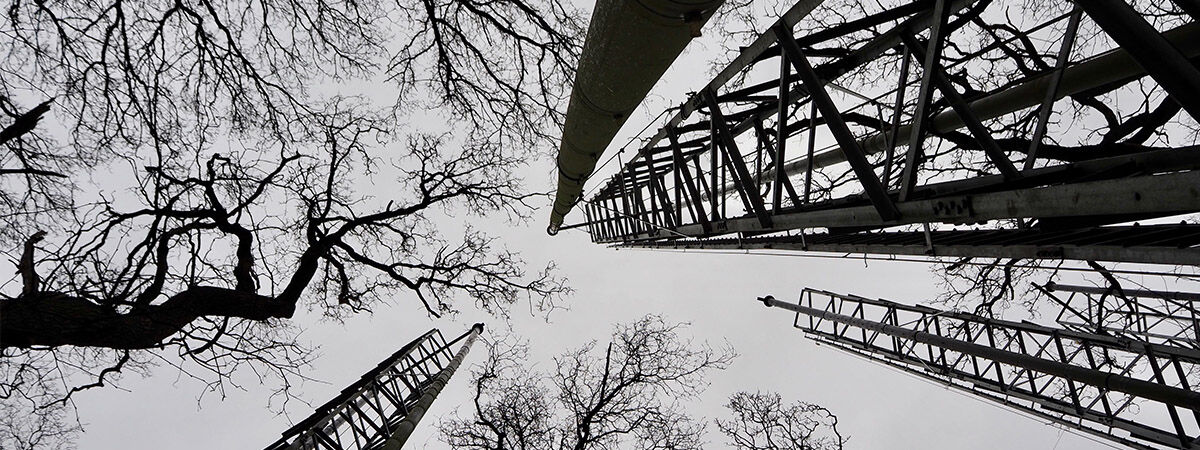Speculative Natures, funded by the Leverhulme Trust, explores the role of contemporary art in imagining environmental futures.

Funder: Leverhulme Trust
Duration of project: 45 months (on a 0.8 FTE basis)
Researcher
Research background
Speculative Natures is a project funded by the Leverhulme Trust’s early career fellowship scheme. This scheme is designed to enable fellows to produce a significant piece of publishable research that is more than a straightforward extension of prior doctoral research.
The conceptual background to the project emerges from an enduring preoccupation with questions of fiction and fabulation in contemporary art.
Theo has addressed this topic elsewhere in the edited book Fiction as Method (Sternberg, 2017), as well articles for the journals Parallax and Paragrana.
The Leverhulme project draws on this research, but shifts the emphasis from fiction to speculation, using the concept to intervene in ethico-political debates taking place in the emerging field of the environmental humanities.
In recent years, there has been a groundswell of interest in what a future orientated environmentalist frame of engagement might look like, embodied in a shift from ‘restoration ecology’ to an ‘intervention ecology’ in the natural sciences.
In philosophy and science and technology studies, there has also been a promotion of ‘speculative fabulation’ and ‘speculative pragmatism’ by thinkers such as Donna Haraway and Isabelle Stengers.
Through bringing this literature into dialogue with concrete cultural practices of speculation in contemporary art, the project argues that the promotion of speculative thinking needs to be tempered by a careful look at the plurality and genealogy of its forms.
Research aims
The future has been cancelled, or at least reduced to a perpetual extension of the present. This is something we have been told many times by social theorists in recent years.
While this may have been true in certain limited periods of the 20th century, today the environmental crisis no longer affords the luxury of ignoring the future.
Projections, models and scenarios fill the news, windows for action on climate change open and close, and a growing number of citizens act in the present on the behalf of future generations.
The environmental crisis, in the words of Andreas Malm, ‘supercharges our moment with time’ – a fact also reflected in the speculative aesthetics of contemporary art. This project explores the role of contemporary art in imagining environmental futures.
As well as looking at the ‘content’ of these speculative futures, it pays particular attention to the social technologies used to produce them.
Tracing the genealogies of tools such as forecasting, scenario planning, and prospecting, it looks at how such infrastructures of speculation have been taken up and reworked by artists, and how they offer up the future as an object of experience in the process.
How is the research being carried out?
The project uses a range of methodologies, from examining archival documentation of specific artists, to fieldwork investigating organisations such as INLAND, which utilises art as a vehicle to speculate on the formation of new rural communities in Europe and elsewhere.
For a strand of the project focused on prospecting, a mixture of expert interviews and workshops will be used to gather information from scientists, venture capital investors and bio-artists in order to parse the different modes of speculation their fields of activity embody.
Outcomes and impact
The project will result in numerous publications, including articles in the journals Critical Inquiry and New Formations, as well as a book with the working title ‘Infrastructures of Speculation: Art and Ecology in a Warming World’.
Presentations linked to the project have already been made internationally, and (Covid permitting) the research will generate an international symposium at Tate Liverpool on the subject of Art, Nature, and Speculation before the fellowship draws to a close.
More information can be found at Theo's website.